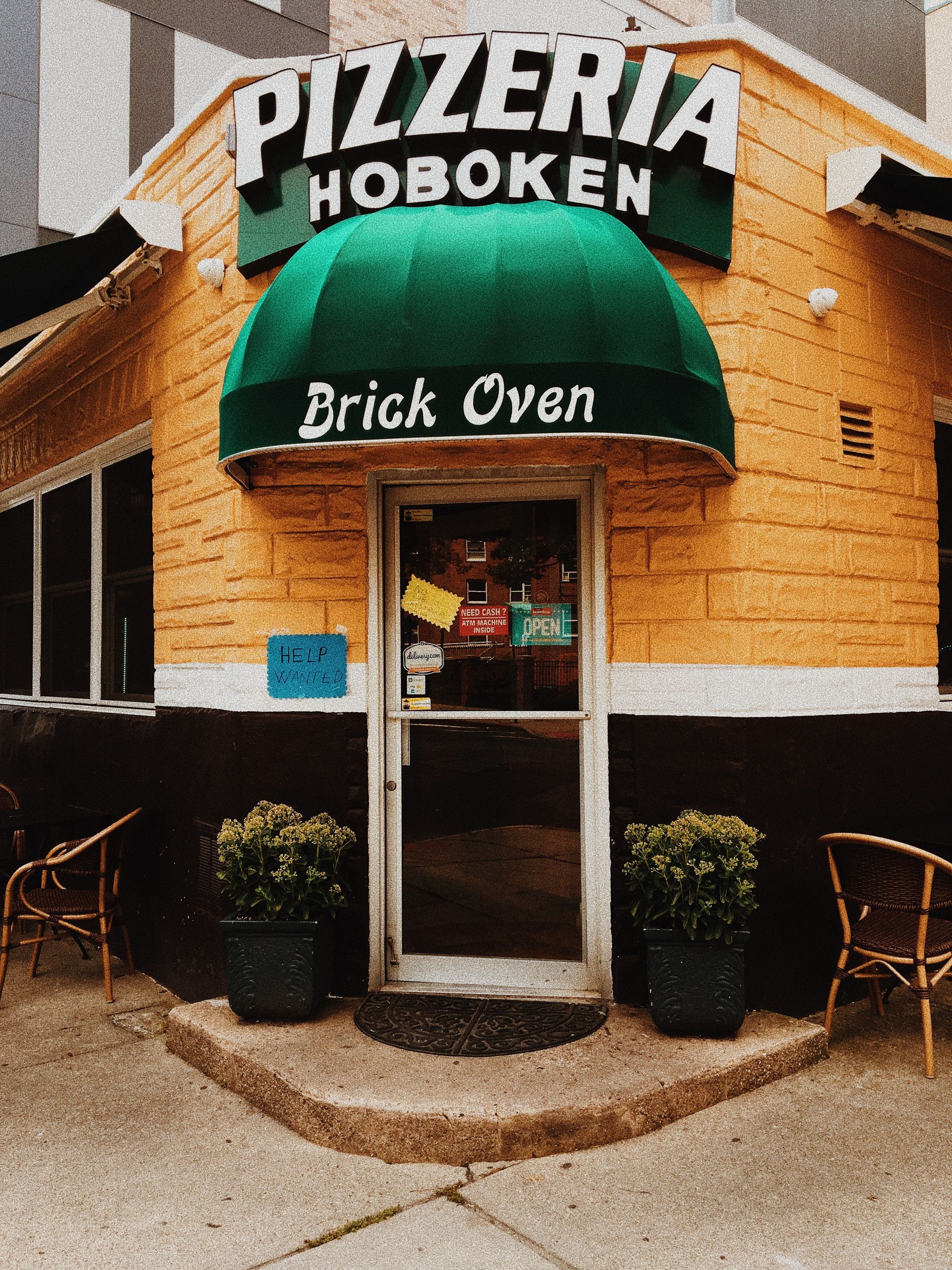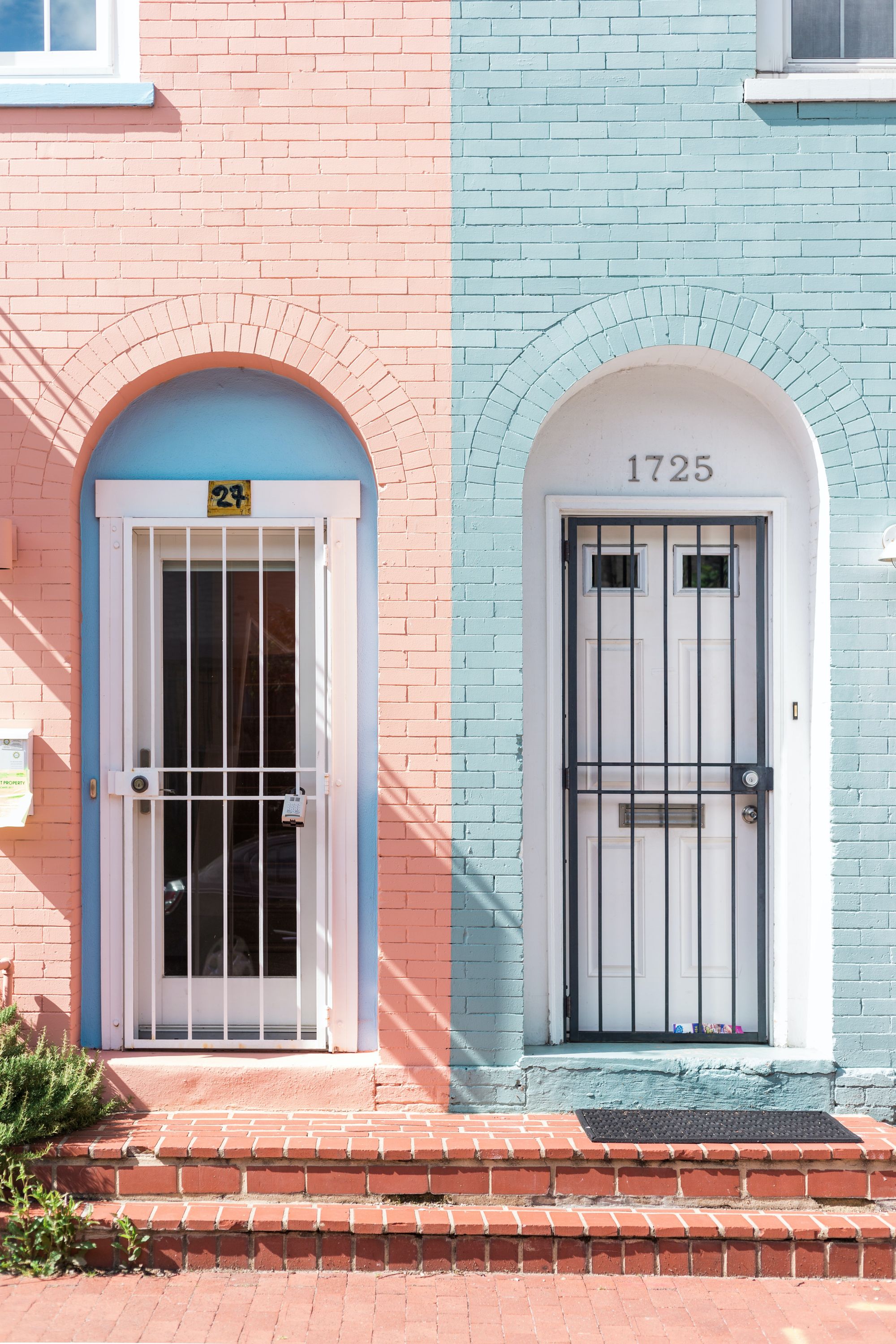The New Jersey area is a popular choice for property investors due to its proximity to both NYC and Philadelphia, which are hot spots for short-term, tourism-related rentals and long-term rentals as well. And these properties can have a low price point too—often between $200-$300K, making them highly desirable for many investors. If you’re interested in investing in property in The Garden State, here are four tips to help you make the wisest decision when choosing how to invest your hard-earned dollars. If owning investment property in NJ isn’t in your overall investment plan, these tips apply across the board and across the country as well.

If you’re wondering what the best tips for buying an investment property, we are breaking them down below from location to investment-related costs.

Tip #1: Location, location, location.
No matter what type of New Jersey investment property you’re buying, whether it’s close to NYC or anywhere in the state, location is everything. So do your homework to see where the best places to invest might be and look for those with a proven track record of steady appreciation so you can ensure your investment continues to grow year after year. When looking at potential investment properties, think about what a future tenant might want and need, and then make sure that your property supplies most of those wants and needs. The worst thing you can do is invest in an area that is going downhill, taking your property and your hard-earned dollars with it.
Tip #2: Consider all investment-related costs.
Rental fees should cover operating costs including property taxes, insurance (which can often be at a higher rate than for your primary residence), mortgage payments (if you finance the property), maintenance and repair costs, HOA and/or other fees, accounting fees, business fees, costs for repairs, property management fees (if you choose to use a property manager), landscaping costs, and most importantly, reserves to cover big ticket expenses or periods when your investment property might be unoccupied. If you’re using your investment property as a short-term rental (Airbnb-type properties, for example), that last item is crucial to keep in mind. Case in point: The COVID-19 pandemic, where short-term rentals were empty for weeks and months due to government regulations and/or travel restrictions. And now that rentals are again allowed in most areas, owners have to comply with strict CDC sanitation guidelines, which adds extra expenses that affect their bottom lines.

Tip #3: Understand local and state laws regarding both short-term and long-term investment properties.
Laws can be different from city to city and from county to county, and you don’t want to find out after the fact that you’re not following any laws. In some areas of the state, having an investment property might be considered a business, so you’ll have to adhere to all laws and regulations that govern businesses, while in other areas, no business status is required. Another similar thing to understand are tax rates, which can also differ from town to town and county to county, making a difference in your bottom line.
Tip #4: Make sure you really want to be a landlord.
With real estate and other closing fees, it’s quite expensive to suddenly decide you don’t want to be a landlord anymore unless you’ve held your property for an extended period of time, so make sure that you clearly understand that once you sign on the dotted line, that property—and all the things that come with it (refer back to tips #2 & #3)—is yours. Even if you use a property management company, owning investment properties can come with its share of headaches, so make sure you’re up to the challenge of being a landlord for the distant future.

Owning an investment property in NJ (or anywhere, for that matter) can be a rewarding—and very profitable—adventure, as long as you understand all that being an investor entails. So become an investment property expert, and you’ll be able to keep those headaches, especially the unforeseen ones, to a minimum while reaping the benefits of your investment.





